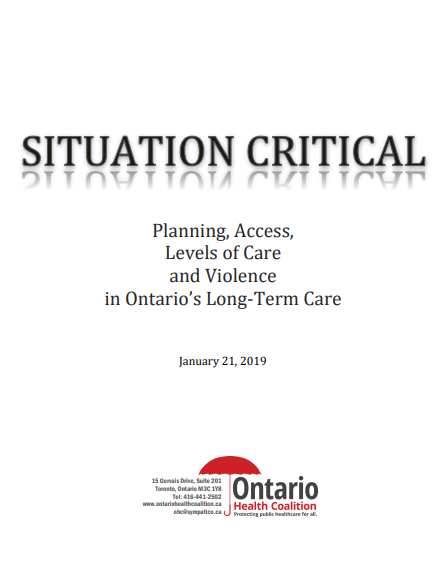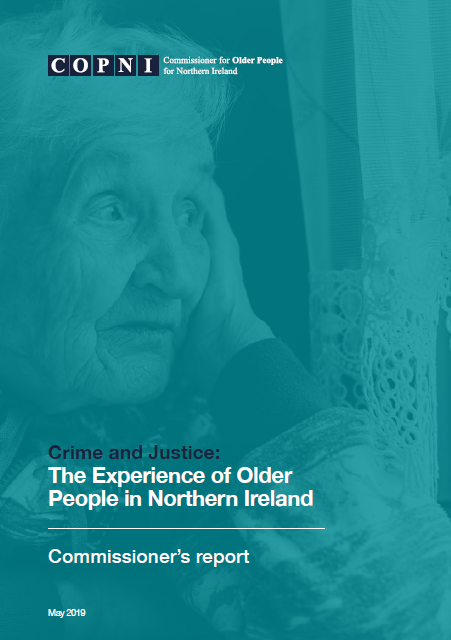
For this report, the Commissioner sought to examine crime clearance, prosecution and conviction rates and to better understand the experiences and expectations of older people when they are victims of crime. It was also an opportunity to gain an insight into how agencies of the criminal justice system interact with, and support, older victims of crime.
Being a victim of crime can be a traumatic experience for anyone, but there are particular factors that make older people more vulnerable to the effects of crime. These include: a higher rate of fear of crime; a higher rate of physical and mental impairment and disability; a greater likelihood of living alone; a greater likelihood of the absence of support networks; and higher rates of feelings of insecurity.
(...)
Older people must be able to participate fully in the criminal justice process to have their voices heard and their experiences recognised. It is important to acknowledge that improvements have been made in terms of support provided to older people but more work is required, including enhanced collaborative working between agencies. To that end, the Commissioner is making a number of recommendations aimed at improving the experience of older people who have been victims of crime.
Source: Commissioner for Older People for Northern Ireland
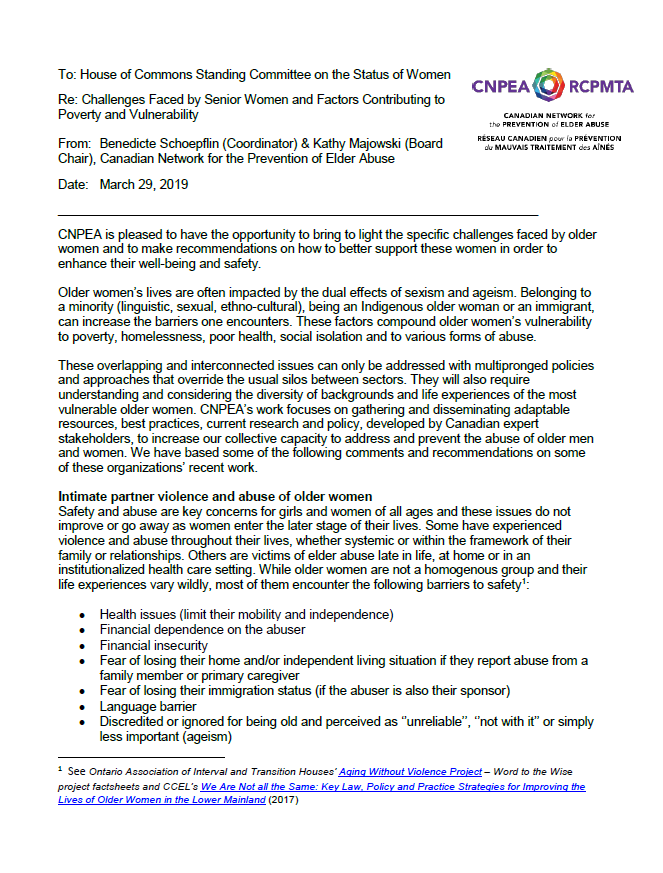 The House of Commons Standing Committee on the Status of Women held hearings between February and May 2019. The Committee listened to a variety of stakeholders and individuals who spoke about the factors and specific challenges that contribute to older women’s poverty and vulnerability in Canada and affect their quality of life. Here is the brief which was presented to the Committee by CNPEA's Board Chair, Kathy Majowski. To read the full report of the Standing Committee on the Status of Women, click here.
The House of Commons Standing Committee on the Status of Women held hearings between February and May 2019. The Committee listened to a variety of stakeholders and individuals who spoke about the factors and specific challenges that contribute to older women’s poverty and vulnerability in Canada and affect their quality of life. Here is the brief which was presented to the Committee by CNPEA's Board Chair, Kathy Majowski. To read the full report of the Standing Committee on the Status of Women, click here.
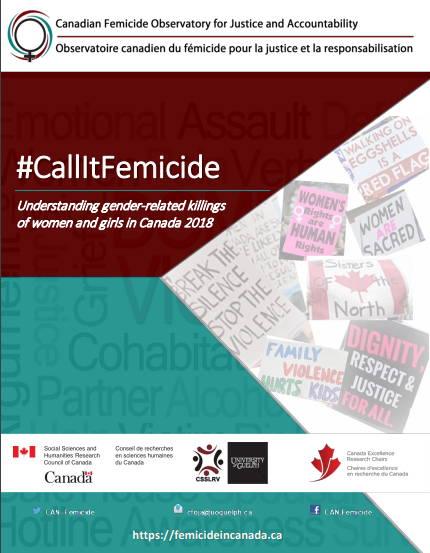
This report contains critical information that builds on the earlier and ongoing work on femicide in Canada and internationally by highlighting current and emerging trends and issues that require further investigation and monitoring in the coming years.''
Source: Canadian Femicide Observatory for Justice and Accountability
''In this report, we look more closely at the evidence of increased need and inadequate levels of care in Ontario’s long-term care homes in which nearly 80,000 people live and their consequences for caregivers and residents, including escalating violence. Our research shows that the increased complexity of residents is partly a function of offloading of more complex patients from hospitals to facilities with insufficient levels of care in order to save money and partly a function of the aging population. We also found that planning, care levels, regulation, and resourcing of long-term care have not kept pace with population aging and patient offloading. This is not the norm. In fact, Ontario’s long-term care homes have extraordinary levels of occupancy and acuity. Access to care is gravely inadequate: waitlists are longer than the entire population of a medium-sized town in Ontario. Levels of fatal violence in the homes are higher than virtually anywhere else in our society. Levels of care are too low to meet need and basic safety requirements and have been falling further behind year after year.''
Source: Ontario Health Coalition
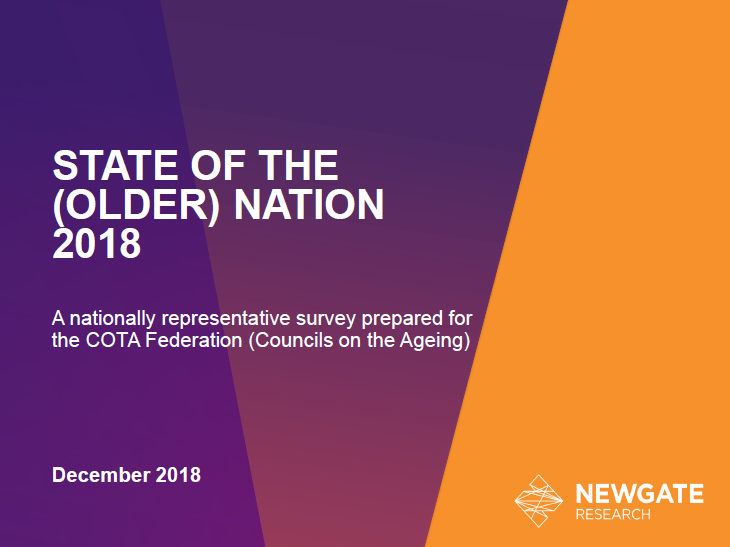
''This research was commissioned by the Federation of nine Councils on the Ageing (COTA) across Australia – including all eight COTA state and territory organisations and COTA Australia – in order to understand the views, life experiences and needs of Australians aged 50+.
Page 10 of 20


